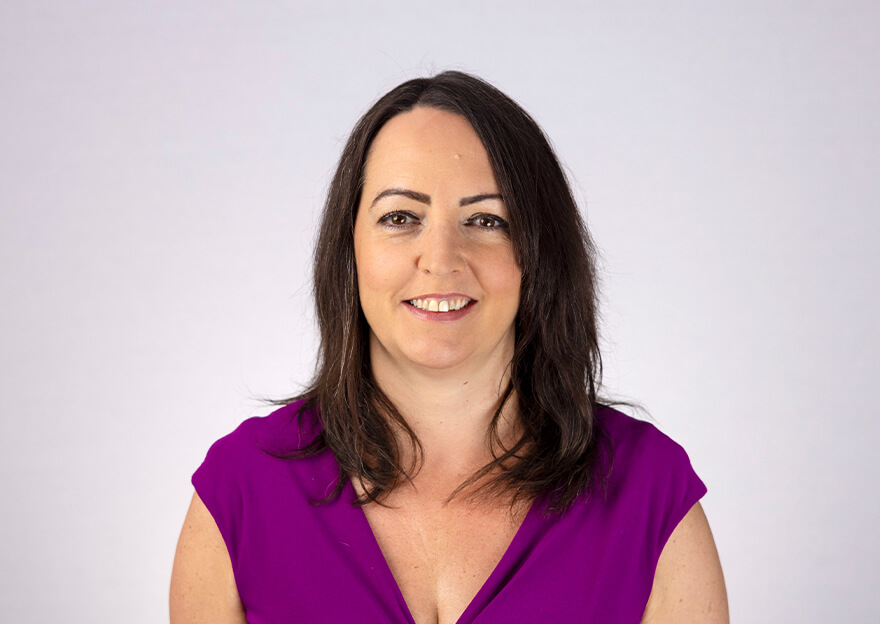Ahead of International Women’s Day partner Penelope Garden reflects on the importance of embracing diversity.
We have a number of very talented women working at FSP but as with many businesses when you look to the more senior levels the numbers reduce. This is in line with the profession as a whole as Law Society data shows that the rate of practising female solicitors drops from 60% to 40% at 35. There are many reasons for this, some of which are deep rooted in our culture and will take time to change but for me, and all of the partners at FSP, it is really important to ensure that those who want to progress to more senior roles get the support they need to achieve that and equally those who choose to take a different career path are supported in their own development so that they also have high satisfaction in their career at FSP.
There is an ever-growing body of research available looking at the challenges women encounter in the work place and understanding these challenges is the best way to work out what can be done to overcome these. For example, affinity bias (also known as unconscious bias) means that most people favour people who are similar to them and this can result in a “halo effect” where a person is assumed to have positive traits based on their generic characteristics or it is assumed that a person carrying out a certain role will be of a certain sex. This is certainly demonstrated by research from the Managing Partners Forum which found men tend to have responsibility for roles such has finance and technology with women having responsibility for matters such as training and HR.
Overcoming unconscious bias is not a simple task and at FSP we have therefore required all partners undertake unconscious bias training to help make us aware of when bias is occurring and are now rolling this out across all areas of the firm: Feedback to date has been very positive on how thought provoking this has been and I really hope by giving our staff the right training we can minimise the unintended consequences of affinity bias.
The lack of senior female role models is also a challenge, not just because it can create the impression of a glass ceiling but also because studies show that women naturally shy away from pushing themselves forward for promotion and are less likely to be mentored by senior staff or have a sponsor. Susan Colantuono – CEO of Leading Women did a great TED talk on the different career advice women get compared to men and how that results in women not demonstrating that they understand the business and its strategy properly.
To help overcome these challenges at FSP I run a number of groups with women from across the firm at all different levels seeking to provide structured mentoring in a group environment. Members of the group can raise the challenges they are facing and as a group we can analyse those challenges and suggest strategies to address these. I really believe these sessions help those who are involved, and I hope as the members develop their careers that they can share what they have learned more widely. I am thrilled to say that as the groups have been such as success that we are now also opening the groups up to local female professionals across a variety of sectors.
It’s also great to see a number of our male staff championing women and proactively making sure that women get the recognition they need. This is really important bearing in mind the studies which show successful women are often seen as less likeable and the tendency of women to not give themselves the credit they deserve. Something as simple as a male colleague making sure a female colleague isn’t interrupted in meetings and gets the chance to put her thoughts across (and then gets recognised for her ideas) can make a big difference.
All the data supports the fact that more diverse businesses are more successful. Change will not happen overnight, but I hope by being alert to the challenges and proactive in looking for ways to overcome them we can make real change that benefits all. FSP is not alone in our efforts to address these challenges and I’d encourage you to consider what you can do in your own organisations to encourage diversity and ensure that all of your staff reach their maximum potential.

